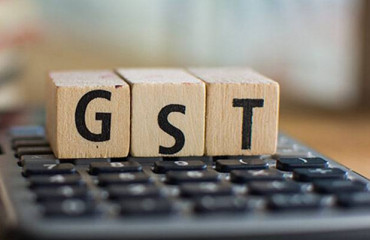The move to step up regulatory oversight to check irregularities in invoicing comes following a series of fake invoicing cases coming to light in recent months
NEW DELHI : Regulatory checks on fake invoicing, including those of services, need to be strengthened for better tax compliance, according to an update on indirect tax administration from the Central Board of Indirect Taxes and Customs (CBIC) to field officers.
Senior officials of the Directorate General of GST Intelligence (DGGI) from across the country met earlier this month to discuss GST compliance at an annual conference where the issue of tax evasion was discussed extensively.
Officials discussed strengthening compliance enforcement mechanism, the menace of fake invoicing including in the services sector, transport monitoring mechanism, and various issues related to seizure and arrests, as per the CBIC update. The outcome of the meeting is expected to provide policy inputs to help ensure better compliance, CBIC said.
The move to step up regulatory oversight to check irregularities in invoicing comes following a series of fake invoicing cases coming to light in recent months. The compliance enforcement drive that is underway has been helping central and state governments to step up their GST revenue collections. Authorities are keen to step up oversight given the scope technology enabled oversight offers in identifying cases of tax evasion with precision. Already, tax authorities have been making use of data on goods movement from toll booths collected through RFID-tags in commercial trucks to match with data captured in the e-way bills needed for goods transportation. This helps in cross-verifying details of vehicle movement specified in the e-way bill with their physical movement and detect mismatches.
CBIC said to facilitate trade, guidelines for scrutinising proper use of input tax credit under Central GST rules have been issued earlier this month. It seeks to bring clarity and transparency to both officers and the industry and is in line with the observations made by various courts, the tax authority said.

